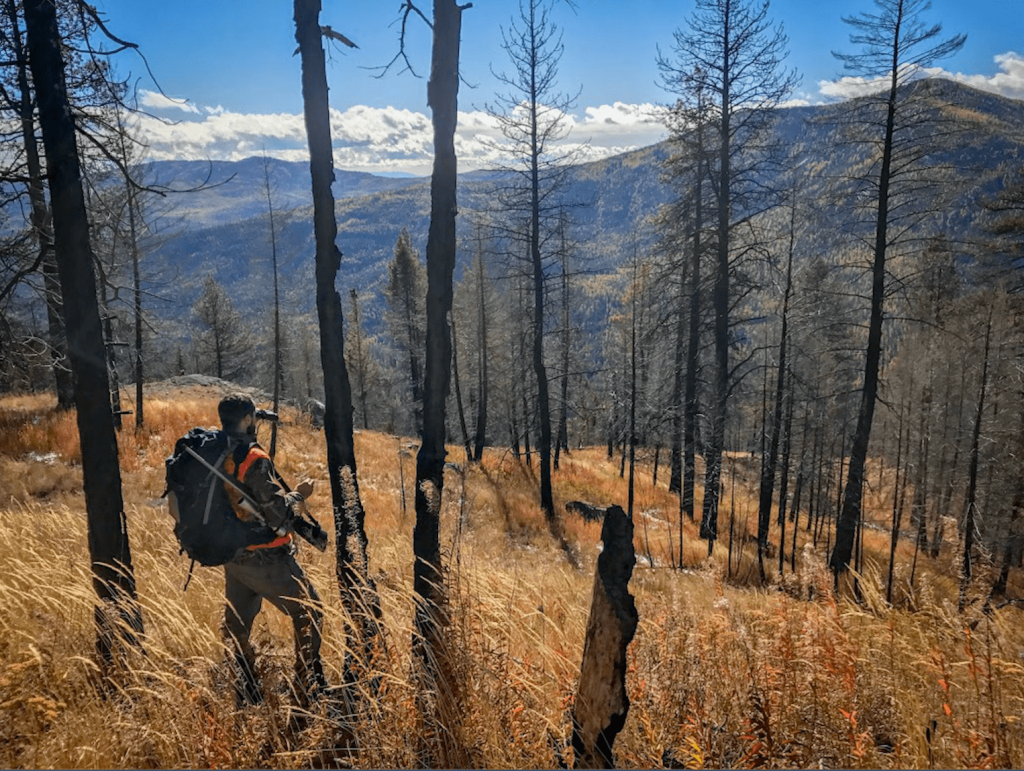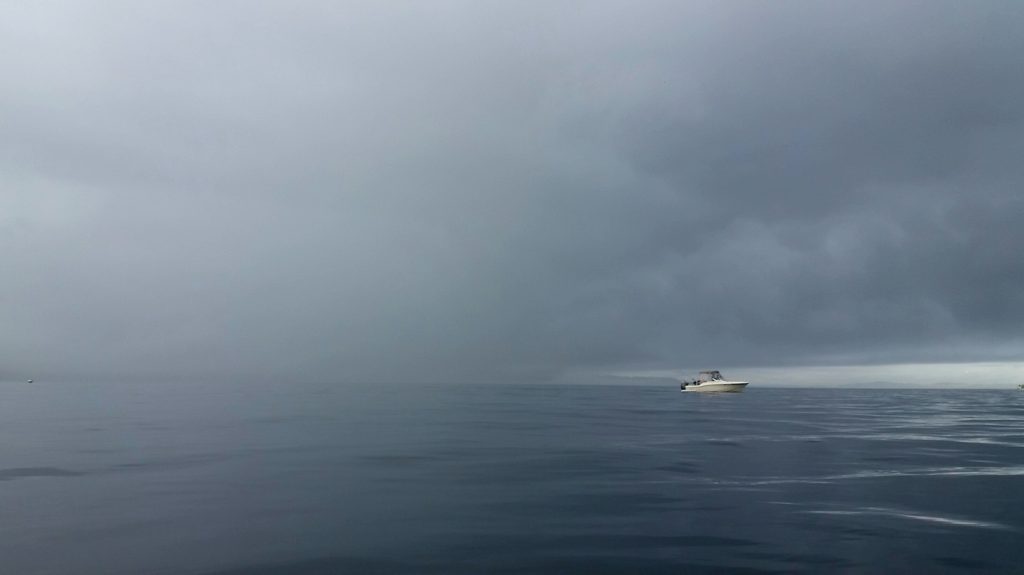
Nation’s DFWs To Receive $1 Billion In Annual Fish-Hunt-Boat Tax Disbursements
THE FOLLOWING IS A PRESS RELEASE FROM THE U.S. FISH AND WILDLIFE SERVICE
The U.S. Fish and Wildlife Service (Service) is distributing $1 billion to state wildlife agencies through the Wildlife and Sport Fish Restoration Program (WSFR). Generated by the hunting and angling industry, these funds support regional conservation projects across the country. The 2021 WSFR apportionment is $121 million higher than the 2020 apportionment due to increases in firearm, fishing equipment and motorboat fuel revenues.

“The WSFR partnership among states, industry and the Service is a keystone conservation program in the United States because it creates a relationship between outdoor recreationists and the natural resources they enjoy,” said Service Principal Deputy Director Martha Williams. “State agencies use these funds to manage wildlife and improve their habitats, which also benefits outdoor recreationists.”
Rooted in the Pittman–Robertson Act of 1937, the Dingell–Johnson Act of 1950, and the Wallop–Breaux Amendment of 1984, the WSFR program establishes a conservation partnership among state wildlife agencies, the outdoor industry and the Service. When hunters, anglers and boaters purchase equipment and fuel, the manufacturers, producers and importers of those goods pay into the Wildlife Restoration, Sport Fish Restoration and Boating trust funds. These funds are distributed by the Service to ensure wildlife agencies in all states, commonwealths and territories receive support.
“State fish and wildlife agencies are critically important to this nation’s on-the-ground conservation efforts,” said Sara Parker Pauley, Director of the Missouri Department of Conservation and President of the Association of Fish and Wildlife Agencies. “The Wildlife and Sportfish Restoration (WSFR) Program provides funding for states to conserve, protect and enhance fish, wildlife, their habitats and the hunting, sport fishing and recreational boating opportunities they provide for generations to come.”
“The archery and bowhunting industry is proud to have led the way on public-private partnerships for decades through the effective use of Pittman-Robertson funds. Bowhunters have specifically benefitted from funds raised through equipment sales to benefit access, participation and conservation projects nationwide,” said Matt Kormann, President & CEO, Archery Trade Association. “We’re grateful for the leadership of the Department of the Interior to ensure the efficient use of those funds to support bowhunting, archery and wildlife conservation long into the future.”

“The firearm and ammunition industry is proud of the contribution our manufacturers make to wildlife and habitat conservation for all outdoor enthusiasts to enjoy,” said Lawrence G. Keane, Senior Vice President and General Counsel for the National Shooting Sports Foundation. “The industry has now topped $13.6 billion in excise tax contributions to the Wildlife Restoration Trust Fund, with $248.3 million collected from 681 manufacturers from July 1-Sept. 30, 2020. These 10 to 11 percent excise tax dollars collected are significant investments in ensuring access for hunting, recreational shooting and fishing on public lands, building new and improving existing public recreational shooting ranges and conserving our wildlife and natural resources for generations to come.”
“Robust conservation programs are essential to protecting our nation’s cherished pastimes, and the Sport Fish Restoration and Boating Trust Fund is at the heart of these efforts,” said Nicole Vasilaros, Senior Vice President of Government and Legal Affairs at the National Marine Manufacturers Association. “On behalf of the American made recreational boating industry, we applaud the U.S. Fish and Wildlife Service for ensuring the fund’s continued success and look forward to working with them and state-based resource managers in the days and weeks ahead.”
“The Sport Fish Restoration and Boating Trust Fund is of vital importance to boaters, and we are very pleased with today’s funding announcement,” said Chris Edmonston, President, Boat Owners Association of The United States Foundation. “As one of the primary implementing agencies of the trust fund, the U.S. Fish and Wildlife Service plays a crucial role in the fulfillment of a promise to boaters that their tax dollars are put back into programs that help them get the most out of boating. This cornerstone of boating infrastructure, safety and aquatic conservations programs nationwide is a true user pay/everyone benefits program.”
“Aside from being one of the most popular outdoor activities, recreational fishing plays an important role in strengthening our economy and the vitality of our fisheries and waterways,” said Glenn Hughes, president, American Sportfishing Association. “Anglers generate hundreds of millions of dollars each year that return to local communities to conserve our natural resources as a result of the Sport Fish Restoration and Boating Trust Fund.”

State wildlife agencies dedicate WSFR funds to a variety of conservation projects and programs. Since WSFR’s inception, $20 billion has been allocated to hunting and fishing education, fish and wildlife management, scientific research, habitat restoration and protection, land and water rights acquisition, and hunting and boating access.
State-by-state listings of the Service’s final apportionments for Fiscal Year 2021 can be found here and here. For more information about the WSFR program visit http://wsfrprograms.fws.gov/.
NORTHWEST FISH AND WILDLIFE AGENCY DISBURSEMENTS
IDFG: Sportfish Restoration Program: $7,703,022; Wildlife Restoration Program: $13,051,630
ODFW: Sportfish Restoration Program: $9,266,677; Wildlife Restoration Program: $16,190,828
WDFW: Sportfish Restoration Program: $8,580,979; Wildlife Restoration Program: $12,852,873
